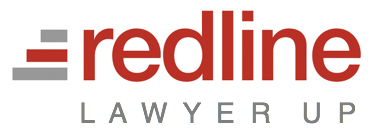The Software Freedom Conservancy Inc. has sued Vizio, Inc., a manufacturer of televisions with computing capabilities, in California state court. The SFC has accused Vizio of distributing software derived from code licensed under the General Public License v2, without complying with the copyleft obligations of that license.
Intriguingly, SFC is asserting a breach of contract claim, not a copyright infringement claim. SFC does not own the copyright to the Linux kernel, the open source software at issue in this case.
So how can SFC accuse Vizio of breaching a contract it never had with Vizio?
As a consumer of the Vizio product, SFC maintains that it is an intended third-party beneficiary of the GPL “contract” between the copyright owners of the Linux kernel, on the one hand, and those who take, copy and distribute code derived from it, on the other (ie Vizio). As an intended third party beneficiary, SFC is entitled to enforce the contract as if it is a direct party.
The remedy that SFC is seeking? Specific performance of the obligation to release the “full source code corresponding to the executable code resident on Vizio’s devices covered by the GPL agreements.”
Specific performance of the source code disclosure obligation is the holy grail of the FOSS movement, and now there’s a plausible path towards it.
That’s the sound of distant thunder.
Needless to say, if SFC is successful here, and consumers have standing to enforce copyleft open source licenses—and compel the production of source code of derivative works—the consequences will be non-trivial.
Explore the implications and strategies of this massive potential for change at Redline.
